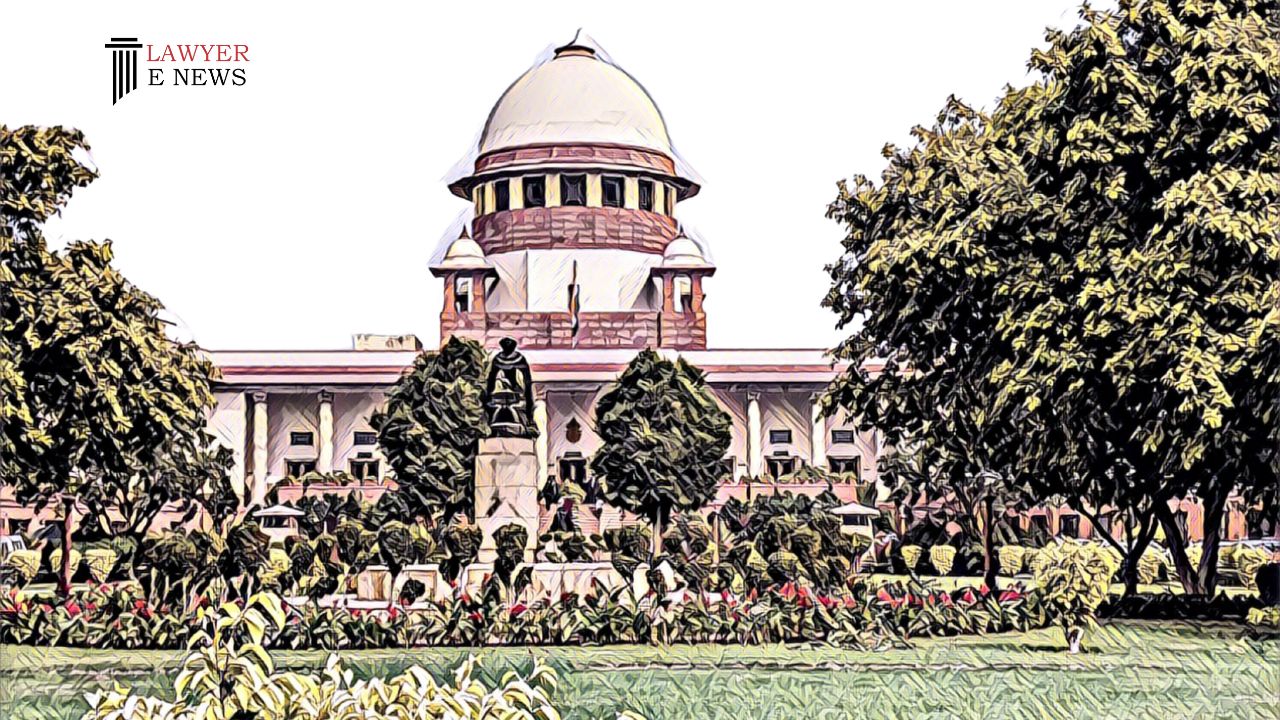-
by sayum
14 February 2026 2:22 PM



On 12 May 2023, In a significant ruling, the Supreme Court of India has reaffirmed the importance of the doctrine of legitimate expectation and its role in safeguarding the rights of individuals and promoting the rule of law. The judgment, delivered by Justice Krishna Murari, emphasized that legitimate expectation is a facet of Article 14 of the Constitution of India and acts as a check against arbitrary state action and the misuse of power.
The case pertained to a tax holiday granted to small scale industrial units engaged in the manufacture and blending of tea under the Bengal Finance (Sales Tax) Act, 1941. However, through a subsequent amendment to the West Bengal Finance Act, 2001, the words "blending of tea" were omitted from the definition of "manufacture," rendering the appellants ineligible for the tax holiday benefits they were promised.
The appellants argued that the original amendment had created a legitimate expectation in their favor, which was subsequently violated without any demonstration of public interest justifying the change. They contended that the government's failure to provide appropriate justifications for the amendment and the subsequent withdrawal of their rights amounted to an arbitrary and unfair action.
Justice Krishna Murari, in the judgment, highlighted the importance of public interest as the touchstone for limitations on legitimate expectations. The court noted that a blanket bar on the invocation of legitimate expectation against a statute would be contrary to the rule of law. Moreover, the court clarified that the doctrine of legitimate expectation should not be equated with the doctrine of promissory estoppel, as they are distinct and serve different purposes.
The court emphasized that the doctrine of legitimate expectation is rooted in Article 14 of the Constitution and plays a crucial role in maintaining predictability in the application of law and preventing arbitrary state action. It observed that allowing the state to make promises and subsequently rescind them without justification would undermine the rule of law and create uncertainty in the legal system.
Justice Krishna Murari held that the legitimate expectation created by the original amendment, which induced the appellants to invest in small scale industrial units, must be protected. The court directed the respondents to extend the benefits of the original amendment to the appellants until the expiry of the promised tax holiday period.
D.D-12.May.2023
M/S K.B. TEA PRODUCT PVT. LTD. & ANR. vs COMMERCIAL TAX OFFICER, SILIGURI
